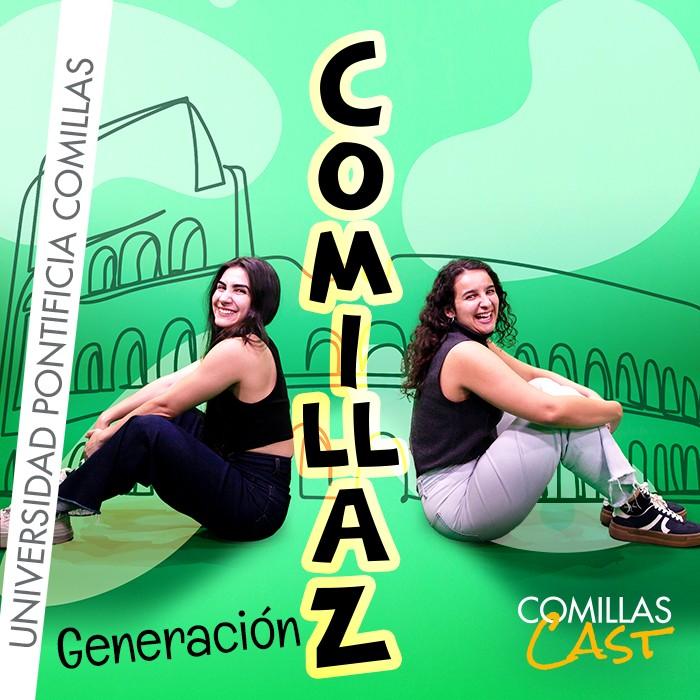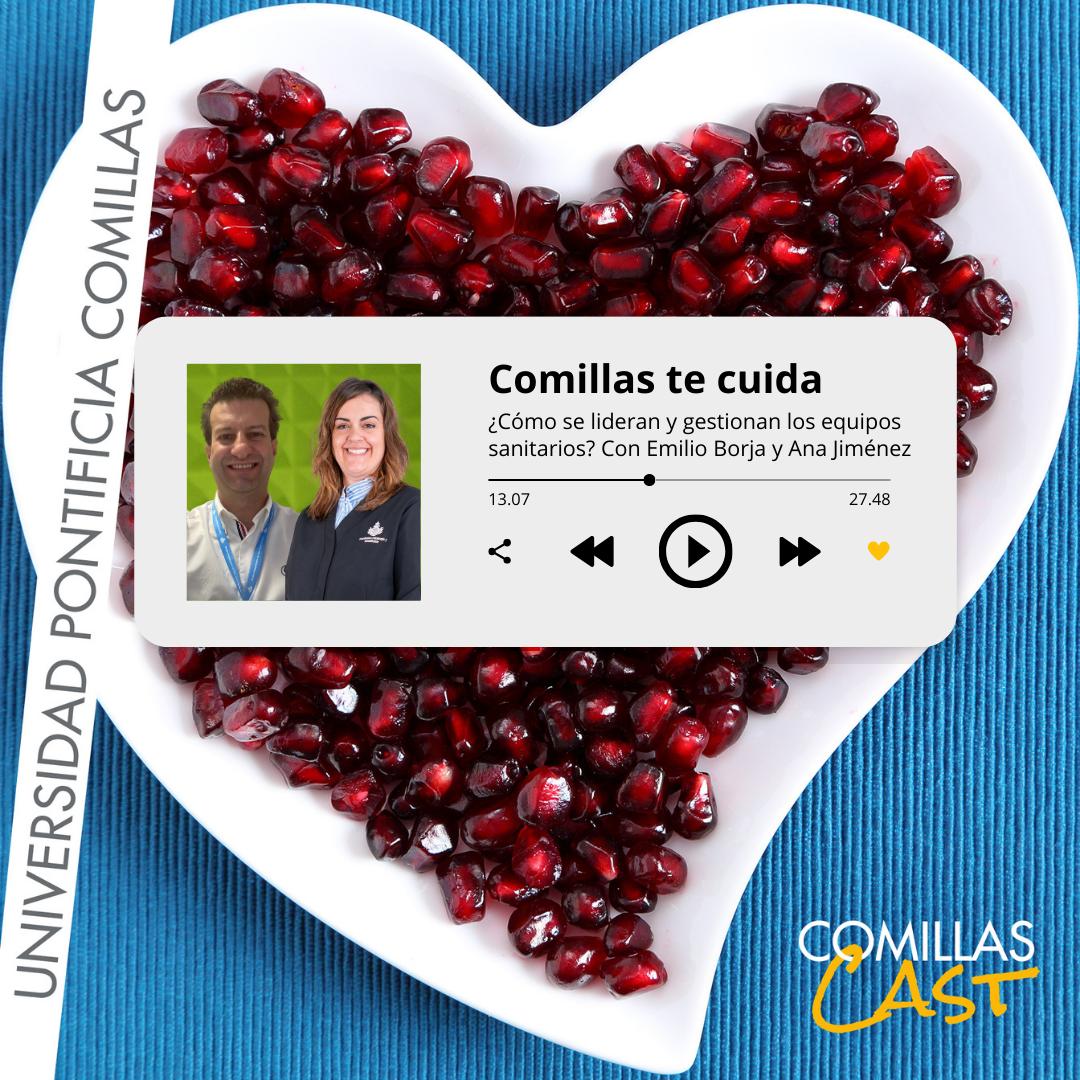On the occasion of the International Day of Older Persons, "Comillas te cuida" takes an in-depth look at unwanted loneliness
This is the first of four episodes dedicated to unwanted loneliness in which the issue will be analysed from different perspectives

Excerpt from the awareness-raising video launched by the Order of St John of God
1 October 2024
The podcast "Comillas takes care of you" from the San Juan de Dios School of Nursing and Physiotherapy (EUEF) at Comillas Pontifical University, dedicates its third episode to unwanted loneliness in the elderly, in commemoration of the International Day of Older Persons, which is celebrated on 1 October. In this episode, the causes, consequences and possible solutions to this problem are analysed. Jesús Muñoz, lecturer at the EUEF and presenter of the podcast, talks to Jordi Ramón Rizo, a nurse at the CSMA Parc Sanitari Sant Joan de Déu in Barcelona, Ana García, a psychologist at the San Juan de Dios Residence in Seville, and Juan Barrera, a resident at the same centre for six years.
When asked what loneliness is, Juan defines it as something negative and harmful. "You have to find a way out of it. Human beings were not created to live in solitude," he says. In the face of this problem, experts advocate a greater emphasis on community. "People shouldn't do things just to kill time, but to create bonds. What we are seeing is that people do activities, but they continue to talk about their loneliness with their doctor," explains Jordi Ramón, who coordinates several groups made up of people who suffer from this type of loneliness. The solution, according to the specialists, would be to encourage community integration and strengthen personal relationships. "In the past, the links in the communities were much more solid", reflects Jordi, who also points out the need to improve the quality of care, stressing that care is provided in a paternalistic way, "without listening to the other person".
The episode also addresses the repercussions of unwanted loneliness, such as the development of mental illness. "When an older person is diagnosed with a depressive or anxious syndrome, you should go deeper into their situation," suggests Ana. "Often these diagnoses are linked to a feeling of emptiness and immense loneliness. The person feels that they have no purpose in life," notes Ana, who also mentions the need for more individualised care in nursing homes. She proposes a change of approach to humanise care and adopt a perspective more focused on the needs of the elderly. "We notice the lack of caregivers who teach you how you should take care of yourself and how to plan your life to make the best use of it," says Juan.
San Juan de Dios, the order to which the School of Nursing and Physiotherapy integrated in Comillas belongs, has launched on this day the "Guide for the accompaniment of unwanted loneliness in the elderly". You can also listen to the complete episode of "Comillas takes care of you" and watch the video that the Order of St. John of God has launched to raise awareness of this issue.
You may also be interested in...

The first episode of the third season of ComillaZ tackles the dreaded but unavoidable issue of employability

New season of the podcast "El mundo está loco, loco, loco" by Comillas Cast

In an average hospital, more than 2,000 people can work in multiple services that require precise, efficient and human management.
